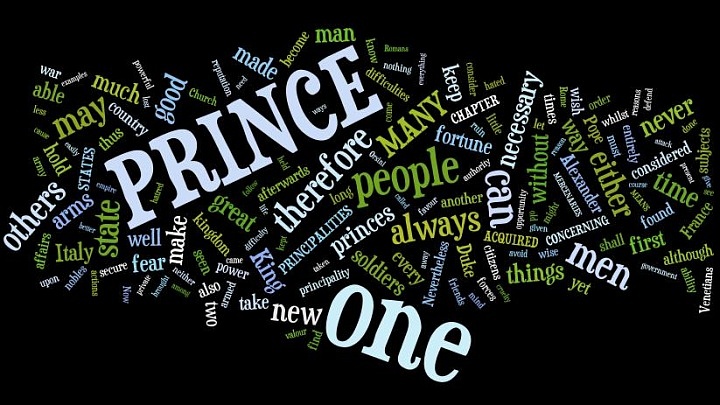
“It is a very natural and ordinary thing to desire to acquire; and always, when men do it who can, they will be praised or not blamed.”Niccolò Machiavelli, political philosopher and author of The Prince, achieved infamy with a ruthlessly pragmatic definition of what motivates human behavior: the desire for more. In 16th century Florence, when Machiavelli wrote, political power was the key to “more.” More safety, luxury, and esteem. Machiavelli distilled the substance of human motivation to winning and maintaining political power: “Let a prince win and maintain his state.”
Within his work on political maneuvering Machiavelli offered advice to would-be political innovators:
“It should be borne in mind that there is nothing more difficult to manage, or more doubtful of success, or more dangerous to handle than to take the lead in introducing a new order of things. For the innovator has enemies in all those who are doing well under the old order, and he has only lukewarm defenders in all those who would do well under the new order. This lukewarmness arises partly from the incredulity of men who do not truly believe in new things until they have had a solid experience of them. Thus it happens that whenever his enemies have the opportunity to attack the innovator, they do so with the zeal of partisans, and the others only defend him tepidly, so that he, together with them, is put in danger.
Machiavelli’s insight for innovators was that humans are keenly aware of loss, while only vaguely aware of gain. Negative consequences associated with changing the status quo are magnified, while the benefits from change tend to be ignored.
Machiavelli gave this advice over 500 years ago to a political leader of a principality, in this case the Magnificent Lorenzo de Medici. Can the same lessons apply to a military community, and thus, the same caution applies to would-be military innovators?
A principality and military do indeed have a similar power structure. In Machiavelli’s Florence power was defined in terms of proximity to the prince. Machiavelli’s purpose in writing The Prince was to gain access to Medici’s court – the closer he was to Medici, the more powerful Machiavelli himself would be.
In the military, power is also defined in terms of proximity. On the organizational chart, the military officer closest to elected civilian leaders is the highest-ranking. While a democratically elected politician’s power is more legitimate than the power of Machiavelli’s Prince, as far as the military is concerned the two systems are the same. Control over resources – power – is concentrated at the top and diffuses down the hierarchy.
This does not imply that military le
